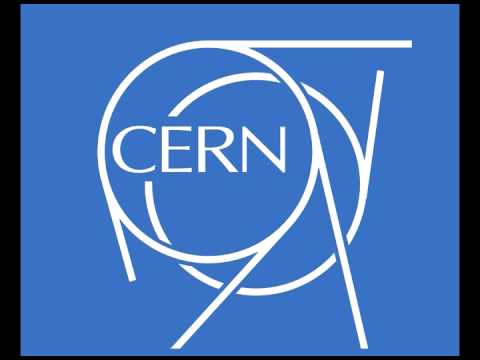
Two new teams of high-school physicists selected to run experiments at CERN
The winners have been selected to come to CERN in September to carry out their own experiments using a CERN accelerator beam.
With the Beamline for Schools competition, high-school students are enabled to run an experiment on a fully-equipped CERN beamline, in the same way that researchers do at the Large Hadron Collider and other CERN facilities.
Students had to submit a written proposal and video explaining why they wanted to come to CERN, what they hoped to take away from the experience and initial thoughts of how they would use the particle beam for their experiment.
Taking into consideration creativity, motivation, feasibility and scientific method, CERN experts evaluated the proposals. A final selection was presented to the CERN scientific committee responsible for assigning beam time to experiments, who chose two winning teams to carry out their experiments together at CERN.
“The quality and creativity of the proposals is inspiring. It shows the remarkable talent and commitment of the new generation of potential scientists and engineers. I congratulate all who have taken part this year; they can all be proud of their achievements. We very much look forward to welcoming the two winning teams and seeing the outcome of their experiments,” said CERN Director for International Relations, Charlotte Warakaulle.
“Charging Cavaliers” are thirteen students (6 boys and 7 girls) from the “École secondaire catholique Père-René-de-Galinée” in Cambridge, Canada. Their project is the search for elementary particles with a fractional charge, by observing their light emission in the same type of liquid scintillator as that used in the SNO+ experiment at SNOLAB. With this proposal, they are questioning the Standard Model of particle physics and trying to get a glimpse at a yet unexplored territory.
“I still can’t believe what happened. I feel incredibly privileged to be given this opportunity. It’s a once a lifetime opportunity It opens so many doors to a knowledge otherwise inaccessible to me. It represents the hard work our team has done. There’s just no words to describe it. Of course, I’m looking forward to putting our theory into practice in the hope of discovering fractionally charged particles, but most of all to expanding my knowledge of physics.” said Denisa Logojan from the Charging Cavaliers.
“TCO-ASA” is a team from the “Liceo Scientifico Statale "T.C. Onesti"” in Fermo, Italy, and comprises 8 students (6 boys and 2 girls). They have taken the initiative to build a Cherenkov detector at their school. This detector has the potential of observing the effects of elementary particles moving faster than light does in the surrounding medium. Their plan is to test this detector, which is entirely made from low-cost and easily available materials, in the beam line at CERN.
“I'm really excited about our win, because I've never had an experience like this. Fermo is a small city and I've never had the opportunity to be in a physics laboratory with scientists that study every day to discover something new. I think that this experience will bring me a bit closer to my choices for my future,” said Roberta Barbieri from TCO-ASA team.
The first Beamline for Schools competition was launched three years ago on the occasion of CERN’s 60th anniversary. To date, winners from the Netherlands, Greece, Italy, South Africa Poland and the United Kingdom have performed their experiments at CERN. This year, short-listed teams1 each receive a Cosmic-Pi detector for their school that will allow them to detect cosmic-ray particles coming from outer space.
“After four editions, the Beamline for Schools competition has well established itself as an important outreach and education activity of CERN. This competition has the power to inspire thousands of young and curious minds to think about the role of science and technology in our society. Many of the proposals that we have received this year would have merited an invitation to CERN,” said Markus Joos, Beamline for School project leader.
Beamline for Schools is an education and outreach project supported by the CERN & Society Foundation, funded by individuals, foundations and companies.
The project was funded in 2017 in part by the Arconic Foundation; additional contributions were received by the Motorola Solutions Foundation, as well as from National Instruments. CERN would like to thank all the supporters for their generous contributions that have made the 2017 competition possible.
Support Our Journalism
We cannot do without you.. your contribution supports unbiased journalism
IBNS is not driven by any ism- not wokeism, not racism, not skewed secularism, not hyper right-wing or left liberal ideals, nor by any hardline religious beliefs or hyper nationalism. We want to serve you good old objective news, as they are. We do not judge or preach. We let people decide for themselves. We only try to present factual and well-sourced news.







